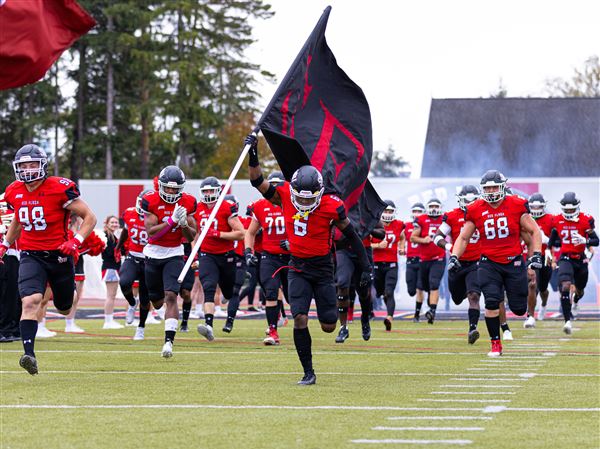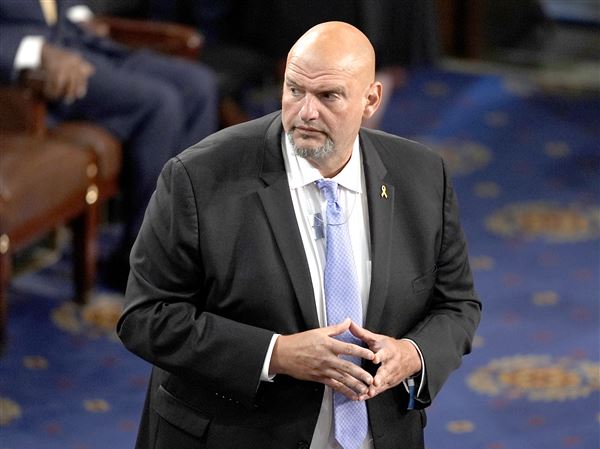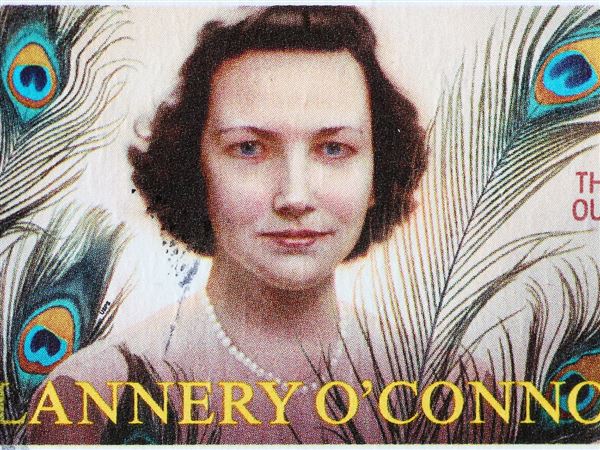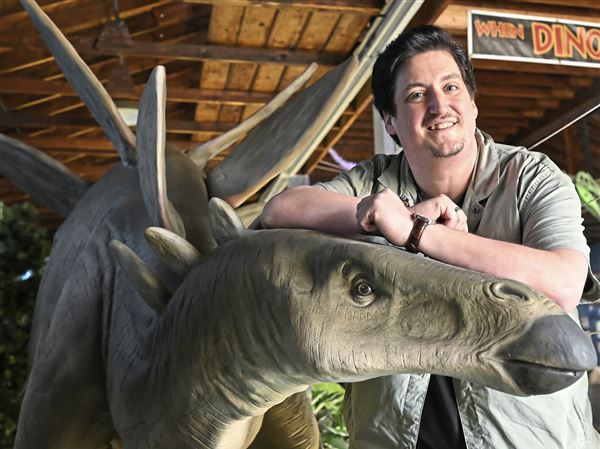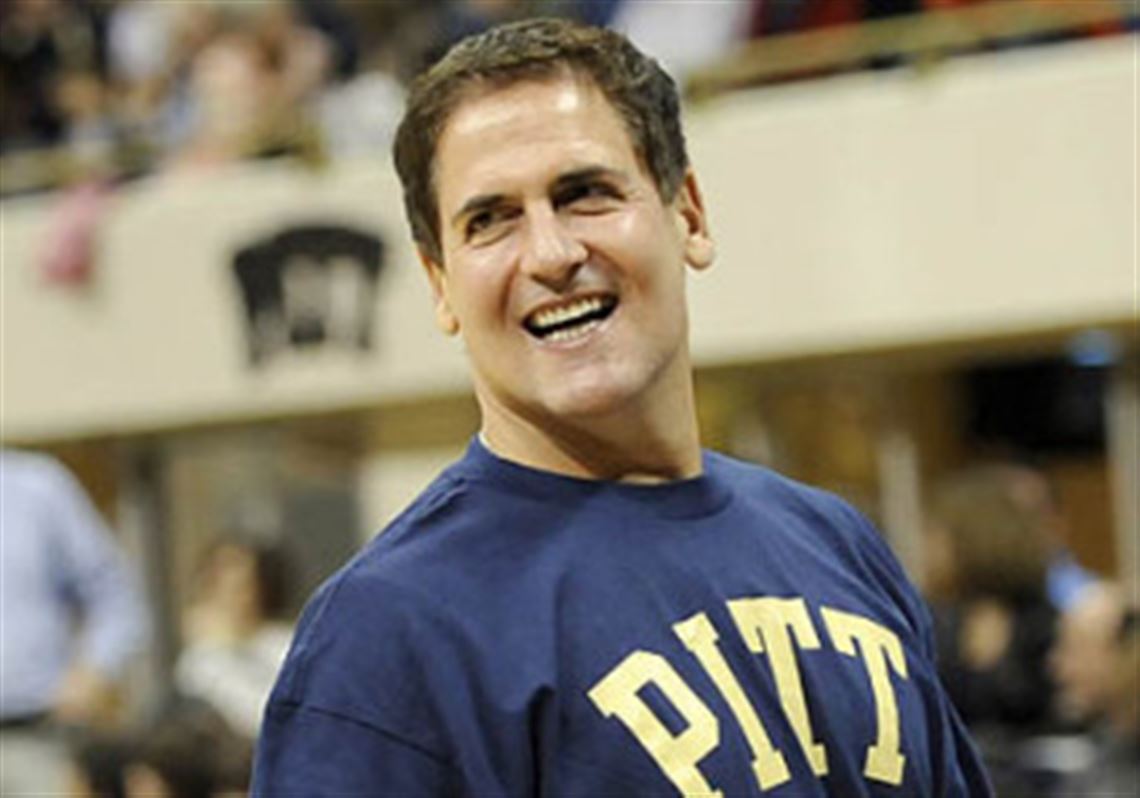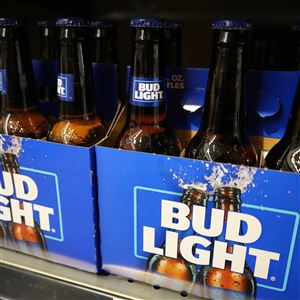NORTH CANTON, Ohio — When William H. “Boss” Hoover began operating what would eventually become known as the Hoover Company in 1908, his family had already operated a tannery in this Stark County town for nearly a century. Hoover’s vacuum cleaner business grew exponentially in the next ten years, but Hoover himself never lived further than two miles from the factory he built in his hometown.
Hoover knew the people who worked for him. He saw them in the factory. As a former door-to-door salesman, he intimately knew his sales force, and the people — or the kind of people — who bought his vacuum cleaners. His six children went to school with his employees’ children. The families often sat in pews across from each other in the same congregation. In short, Hoover was as culturally connected to his employees and his early customers as they were to him.
The Hoover Company’s advertisements appealed to the principles and experiences that unite us. It was an ethos that worked for a wide variety of brands and that stood the test of time until at least the late 1970s, when consolidation of big national brands began.
By the 1980s, Hoover had been swallowed up in a series of big corporate takeovers and purchases, and by the 2000s, the last man working for the company here in North Canton had turned out the lights. They’d been bought by a global company headquartered in Hong Kong.
Rarely today are owners of national brands a “local” man or woman who built it from the ground up. Instead, companies tend to be owned by funds and conglomerates with boards of directors who live in coastal centers of wealth and power. And the worldview of these owners is disconnected from the people who buy their products.
This shift is increasingly apparent in marketing decisions, which have begun to reflect the alienated world of the owners rather than the consumers who are their bread and butter.
Brad Todd, a crisis communications specialist, Republican strategist, pollster and founding partner of OnMessage said the people who influence corporate decision-making now circulate in the same social circles.
“Time was, 50 years ago, major American companies were headquartered all over the country,” he said. “You went to Cincinnati for toothpaste, or detergent in St. Louis, and Milwaukee made beer — regional companies that had just become nationally famous. Now the major brands are all international companies owned and driven by people on Wall Street who have control over large sums of money and no cultural ties to their consumers.”
In the summer of 2016, as a reporter trying to figure out the “whys” of the shift in American politics, I spoke endlessly with Mr. Todd. As we compared what I was seeing on the ground in Pennsylvania and around the Midwest with what he was seeing in outside-the-box polling questions, we began to understand that the decisions of these “cultural curators” in business, entertainment, sports and academia were having an outsized influence on our shifting politics.
Mr. Todd said Bud Light’s too-cute-by-half decision to participate in transgender politics, as well as Target’s decision to promote social justice activism and Disney’s decision to pick a side in the culture wars prove these corporations still do not understand that people just don’t want politics — any type of politics — in their beer, their shopping and their amusements. Yes, some of these corporate moves may have been driven by an impulse to be “inclusive,” but in the politically polarized culture wars today, they come off — at best — as virtue signaling, and worse and more often as taking a side against millions of their own consumers.
Anheuser-Busch — a subsidiary of the global mega-corporation InBev — lost $27 billion in market value amid a 23.9% decrease in Bud Light sales after its marketing pursuit with transgender Dylan Mulvaney. Meanwhile, Target shed $13 billion in value, in part due to the response to the company’s decision to aggressively promote LGBT Pride Month in its stores, but also because of overall retail uncertainty. Target is headquartered in Minneapolis, but its CEO Brian Cornell is from New York, and went to school in California.
Disney, which spent decades scrupulously avoiding controversy in favor of cultivating a completely family-friendly reputation, decided in the past few years to wade into cultural issues — from little moments like replacing “ladies and gentlemen, boys and girls” with “dreamers of all ages” in loudspeaker announcements to aggressively and disastrously wading into Florida politics over state legislation restricting elementary classroom instruction on gender identity.
To illustrate this new elite ignorance about middle America, Mr. Todd points to an observation once made American political scientist Charles Murray: “It is not a problem if truck drivers cannot empathize with the priorities of Yale professors; it is a problem if Yale professors, or producers of network news programs, or CEOs of great corporations, or presidential advisers, cannot empathize with the priorities of truck drivers,” because “a new upper class that makes decisions affecting the lives of everyone else but increasingly doesn’t know much about how everybody else lives is vulnerable to making mistakes.”
When Mr. Todd and I wrote “The Great Revolt,” I interviewed Mt. Lebanon native Mark Cuban, a wildly successful investor, technology entrepreneur, businessman and owner of the NBA’s Dallas Mavericks. I asked Mr. Cuban if the backlash from consumers would deter corporations and sports entities from participating in the culture wars going forward. He bluntly said “No,” explaining that corporations are betting on future consumers.
We revisited this question again this week in an interview. I asked Mr. Cuban if he thinks any CEOs of big brands are recalibrating, or if he still sees them betting on demographics. “First a dip in market cap is meaningless,” he said. “You have to realize that there aren’t many individual owners of stocks — almost all ownership is via funds, and most trading is quantitative. So, it’s not like the drop is because tens of thousands of individual holders sold their stocks.”
Mr. Cuban said the CEO response is to keep doing what they are doing — but to do it without publicizing it: “There is a reason almost all the top ten market cap companies in the U.S. can be considered ‘woke.’ It’s good business,” he said.
Mr. Cuban said people want to do business with companies that care about their customers, an American trait he says reflects who we are as a country. Besides that, “Most CEOs have enough experience to know to just wait out the news cycle until they go to the next one.”
Mr. Todd said it would be hard to unseat a massive corporation like Budweiser: “It is a company that just buys a microbrewery rather than try to invent one; the market capitalization in their real estate is going to make them survive no matter what.”
However, the question for Bud Light — within its own category — is brand loyalty. “Brand loyalty is a big part of the business formula for these commodity-type products, and that’s all carefully constructed over time through image. Just as image is hard to build, it is also hard to regain. And so, it’ll be very difficult for some people to un-know what they now know about Bud Light’s corporate strategy,” he said.
Case in point: Last weekend at Primanti’s in Mt. Lebanon — not exactly the center of conservatism in this region — Bud Light ambassadors tried fruitlessly to give away the beer to the customers. No one was taking them up on the offer.
And for Disney? Mr. Todd points to a recent Axios/Harris corporate brand poll that shows the company is ranked the fifth most polarizing brand out of 100, with their reputation free-falling from number five in positive reputation in 2019 to number 77 this year.
Mr. Todd said until there is more cultural diversity in the boardroom, control of the media, educational organizations, high tech companies, financial institutions and entertainment businesses will remain disconnected.
“It is a polarization that will continue to sort and impact our politics,” he said.
North Side native Salena Zito is a national political reporter for The Washington Examiner, a New York Post columnist and co-author of “The Great Revolt”: zito.salena@gmail.com.
First Published: June 11, 2023, 9:30 a.m.
